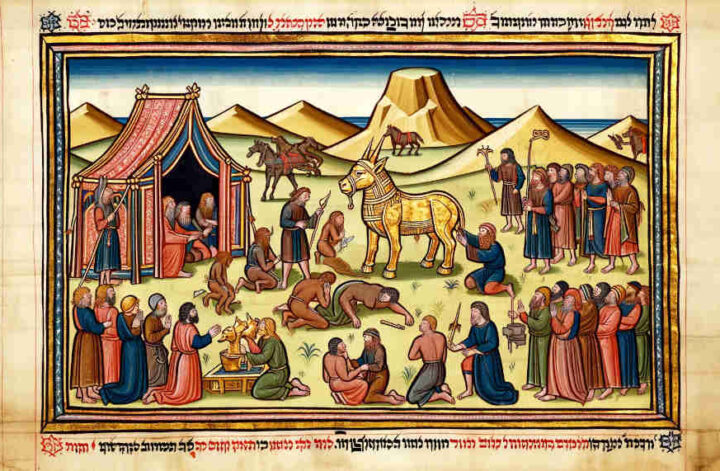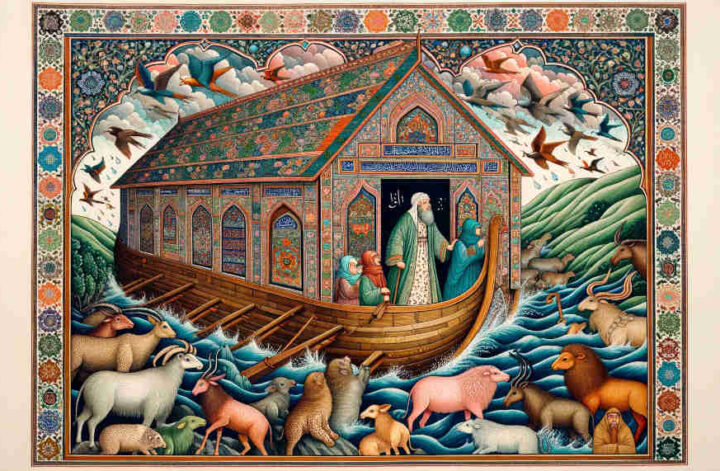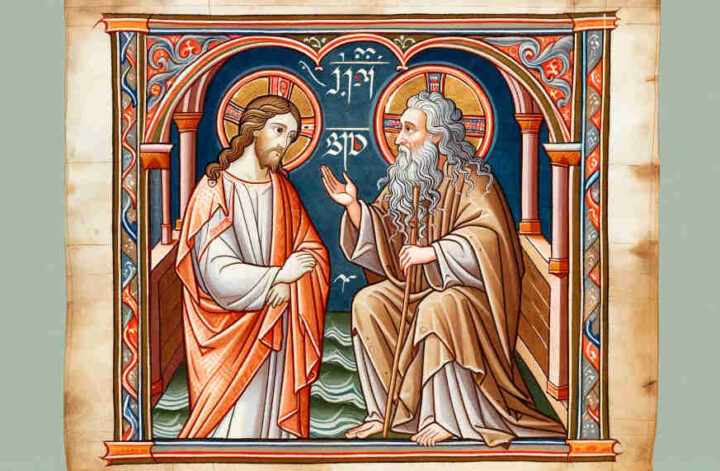Email from a reader: “Dear Rabbi Joshua, In practicing Noahidism, I am curious about the concept of idolatry. How strict is the interpretation of what constitutes an idol? Would representations like pictures of God be considered idols? Can things such as money become idols? Thank you for your guidance. Best, Michael Green”
Dear Michael,
Your question strikes at the core of one of the most fundamental aspects of Noahidism – the prohibition of idolatry. Understanding this concept is key to living a life aligned with the Seven Noahide Laws.
What Counts as an Idol in Noahidism?
Idolatry, in the context of Noahidism, is traditionally understood as the worship of physical objects or beings other than God. This includes not only the worship of statues or images but also the deification of any entity or concept that detracts from the singular worship of God.
Pictures or representations of God are generally viewed with caution in Jewish and Noahide thought. In Judaism, any attempt to physically depict God is strictly prohibited, as it is believed that God is beyond human comprehension and any representation would be misleading and inherently disrespectful. While Noahides are not bound by the exact same commandments as Jews, this principle of avoiding physical depictions of the Divine is a valuable guideline to prevent inadvertent idolatry.
Can Other Things Become Idols?
Indeed, idolatry is not limited to the worship of graven images or religious icons. It can extend to any form of undue reverence or obsession that replaces or overshadows one’s devotion to God. This could include money, power, fame, or even concepts and ideologies. When these elements become the primary focus of one’s life, to the extent that they dictate one’s values and actions, they can be seen as a form of idolatry.
The key is balance and perspective. For instance, while money is a necessary and practical aspect of life, it becomes problematic if it is pursued or revered to the detriment of ethical and spiritual values. The same applies to power, pleasure, or any worldly pursuit that becomes an ‘ultimate concern’ over and above moral and spiritual responsibilities.
Guidance for Noahides
As a Noahide, your aim should be to cultivate a relationship with God that is free from intermediaries and false representations. It involves recognizing the transient nature of material possessions and worldly pursuits and understanding that ultimate fulfillment and truth lie in a spiritual connection with the Divine.
Michael, your inquiry is a testament to your commitment to living a spiritually authentic life as a Noahide. May your path be illuminated with wisdom and clarity as you continue to explore and deepen your understanding of these profound principles.
Warm regards,
Rabbi Joshua


